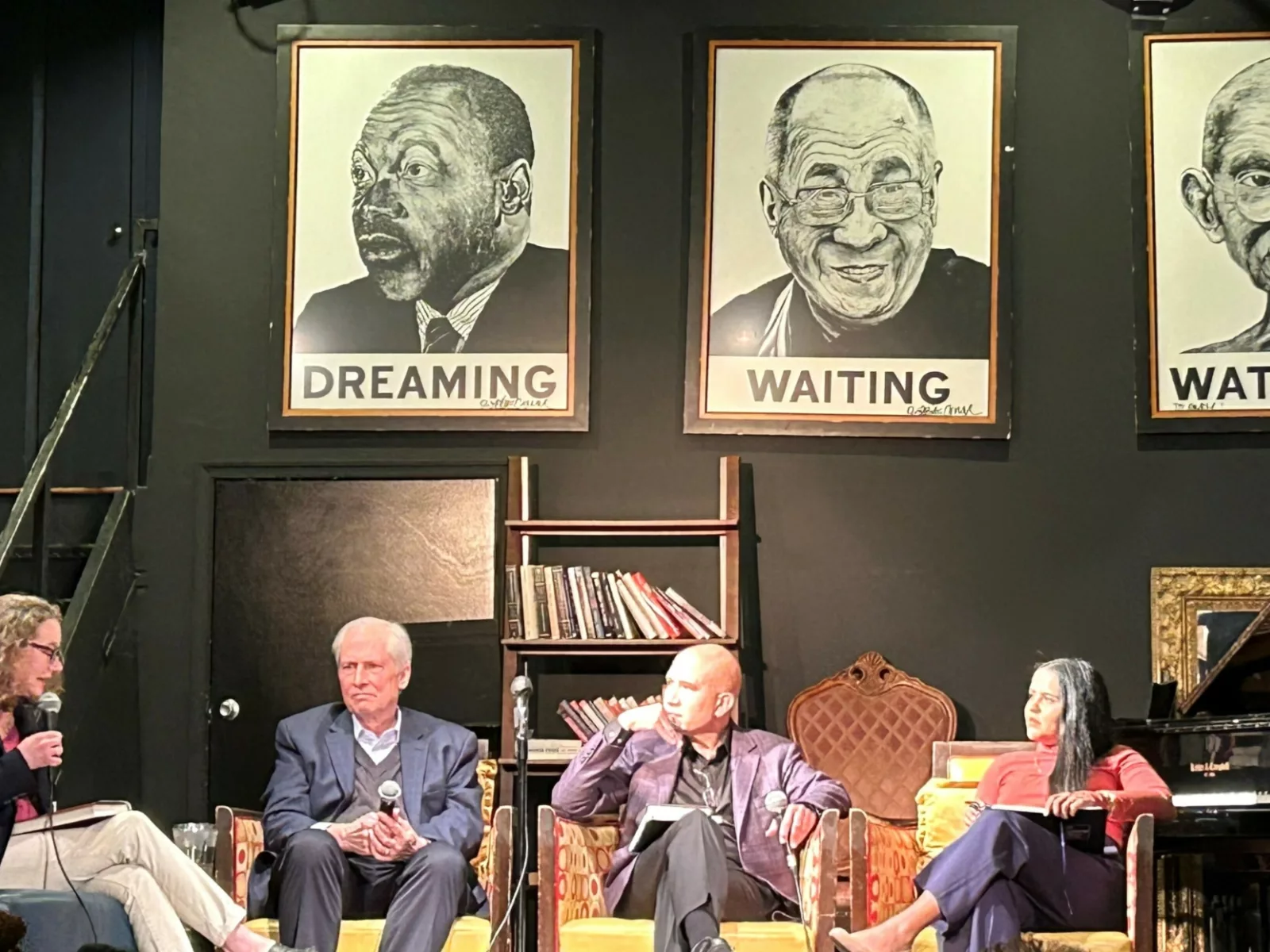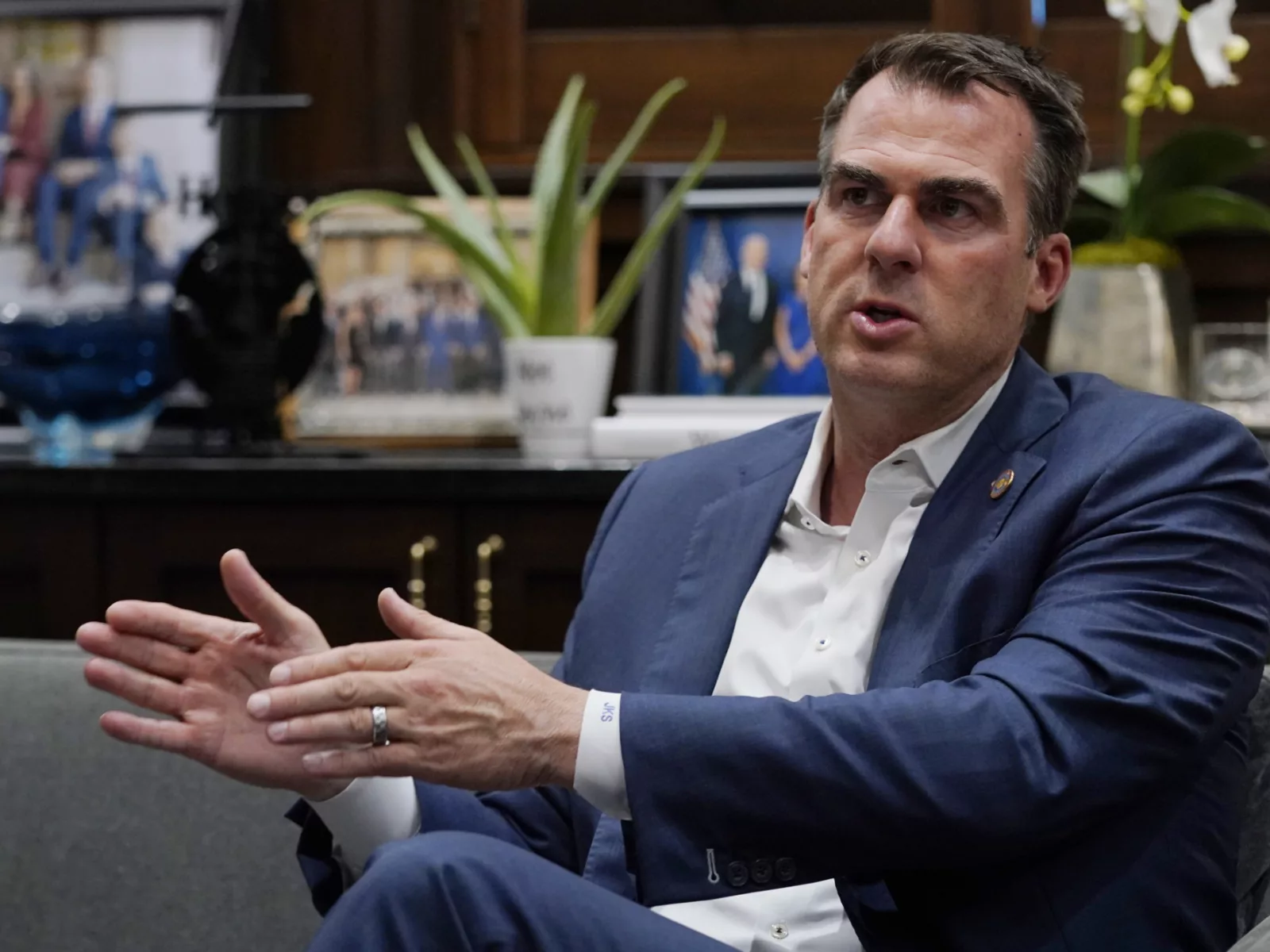Excessive monetary sanctions in the criminal justice system violate Americans’ constitutional rights and have a disproportionate impact on minorities and people who are poor. Courts often charge fines as punishment for crimes, plus additional fees for the use of court services. These costs can be extensive, even for minor offenses. Failure to pay can result in incarceration — meaning that many people are jailed because they cannot afford the fees for low-level violations such as jaywalking or driving with a broken taillight. Furthermore, people who have completed their misdemeanor sentences often leave prison with court debt that can make it harder to re-enter society. Outstanding debt can lead to driver’s license suspensions, wage garnishment, and re-arrest. In some cities, fees are imposed not to reform behavior, but to generate revenue. The overuse of monetary sanctions doesn’t serve a larger criminal justice purpose, and it may exacerbate existing inequities in the criminal justice system.
A national movement to curtail the use of fines and fees gained momentum in 2017 due to the release of important research findings and key achievements spearheaded by our grantees. For instance, as a result of educational efforts conducted by the Southern Poverty Law Center, Mississippi no longer suspends drivers’ licenses for people with court debt. In Philadelphia, courts stopped charging parents for juvenile detention after the Juvenile Law Center and other partners exposed the ways that high fees impacted the community. And thanks to the efforts of the Policy Advocacy Clinic at the University of California, Berkeley, the state of California will eliminate all juvenile justice fees beginning next year.
Policies associated with fines and fees vary by state, county, city, and even by judge. In order to make it easier for officials to understand how their local policies compare to those in other jurisdictions, we are funding a variety of research projects to provide a view of the landscape. We also support efforts in states that are actively working to reform their fines and fees practices, such as Arizona, Arkansas, Massachusetts, Michigan, and North Carolina.





















